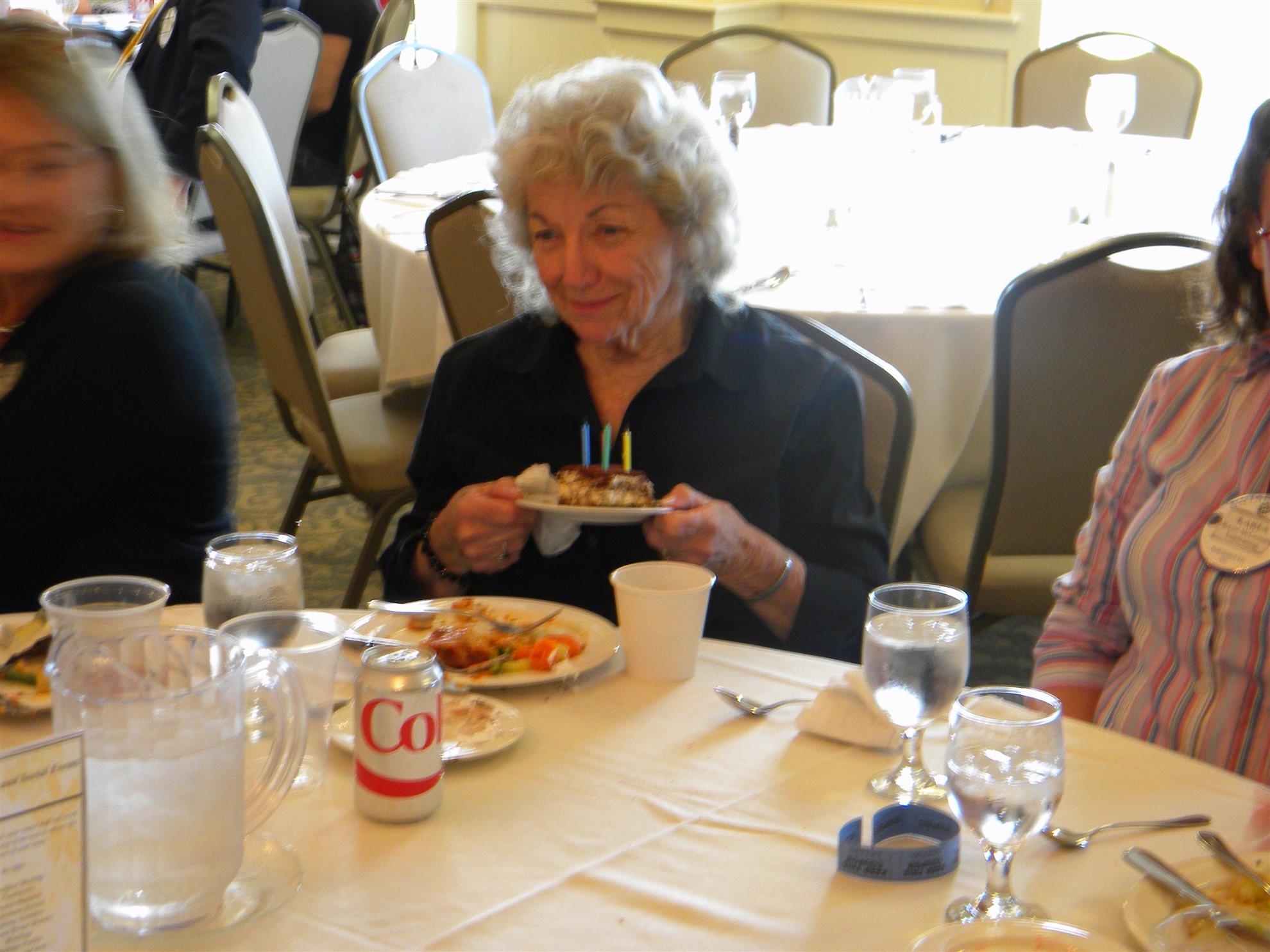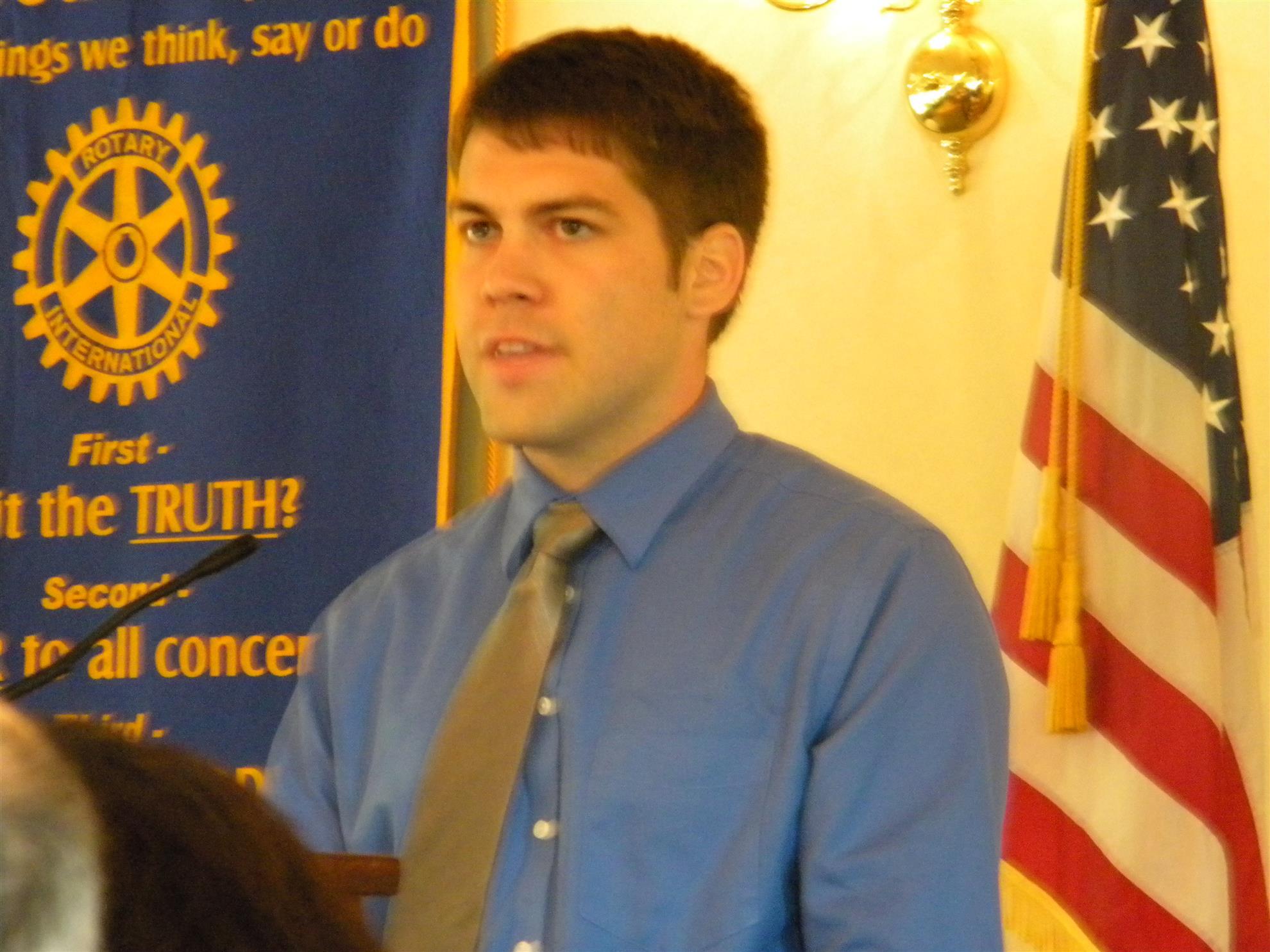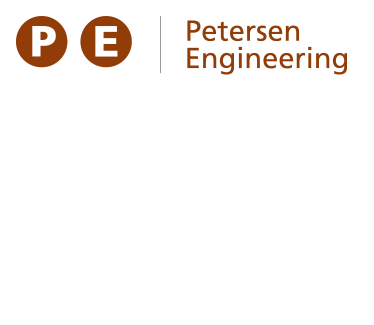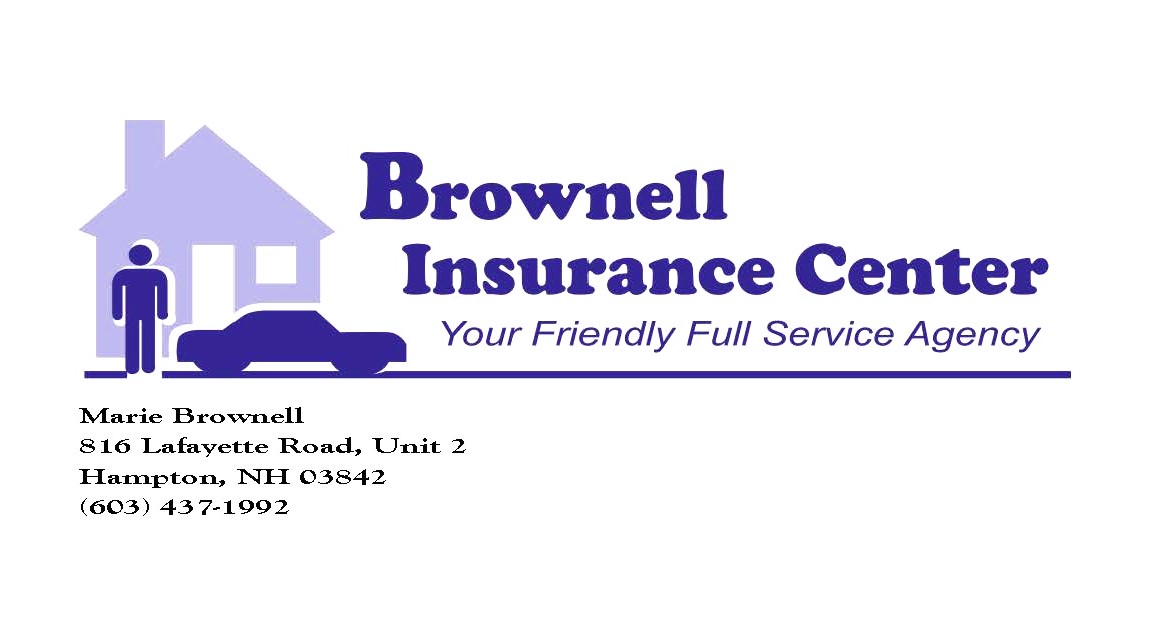Rotary Log for May 21, 2015
Portsmouth Rotary Log for meeting of May 21, 2015 by Russ Grazier, photos by Leo Gagnon
We began our May 21st meeting with well wishes to Peg Millar on her birthday. Cheers Peg!

Our guest speaker was Tim Amoroso, a U.S. Army veteran with three tours in Afghanistan. Tim was introduced by Whitney Blethen who serves as volunteer coordinator at Beacon Hospice in Portsmouth. Tim is a volunteer at Beacon in the Veteran to Veteran Hospice Program. Whitney shared that one in three dying Americans is a veteran. She expressed gratitude for Tim’s volunteer hospice service. Especially since it is rare to have a young veteran involved with extensive active duty experience.
A UNH graduate with a degree in Neuroscience, Tim shared his experience with Post-Traumatic Stress Disorder (PTSD). As a veteran with PTSD, Tim explained it is important for the community to talk about PTSD. The more people learn about PTSD, the better we can support veterans and others living with this condition.

Tim’s PTSD took a long time to diagnose. As is the case with all soldiers, his time in Afghanistan created a need for him to devalue life. That fact allowed him to function on the battlefield. This led to avoidances when he returned home, one of the symptom clusters of PTSD. Following a severe panic attack on Christmas Day of 2012, he was diagnosed with PTSD.
Tim explained that individuals with PTSD experience “cyclical time.” They often relive their trauma. They experience extreme anxiety and stress, particularly around anniversaries associated with the trauma.
Tim wants to make sure people understand the individuals with PTSD are approachable. They are rarely, he adds, like the violent portrayals of PTSD we see in Hollywood films. Tim’s goal is to help normalize the disorder, removing the stigma. He works to help others engage with individuals suffering from the effects of PTSD.
Tim believes that because everyone has experienced some level of trauma in their lives, we all have triggers. Therefore, our own experiences can help us empathize with PTSD patients.
Support groups are important. People with the disorder are not fragile and they should take pride in what they are able to overcome. Tim says, “it’s all what you make of it.” People can come out of it and grow from it.
Tim shared that his experience with PTSD has given purpose to his life. That purpose is to be a psychologist who works with fellow veterans with PTSD.
For those interested in reading up on the topic, Tim recommended the book “War and the Soul: Healing Our Nation’s Veterans from Post-Traumatic Stress Disorder” by Edward Tick.
Respectfully submitted, Russ Grazier
Interested in being a sponsor?
Download the website sponsorship guide
Download the website sponsorship guide













